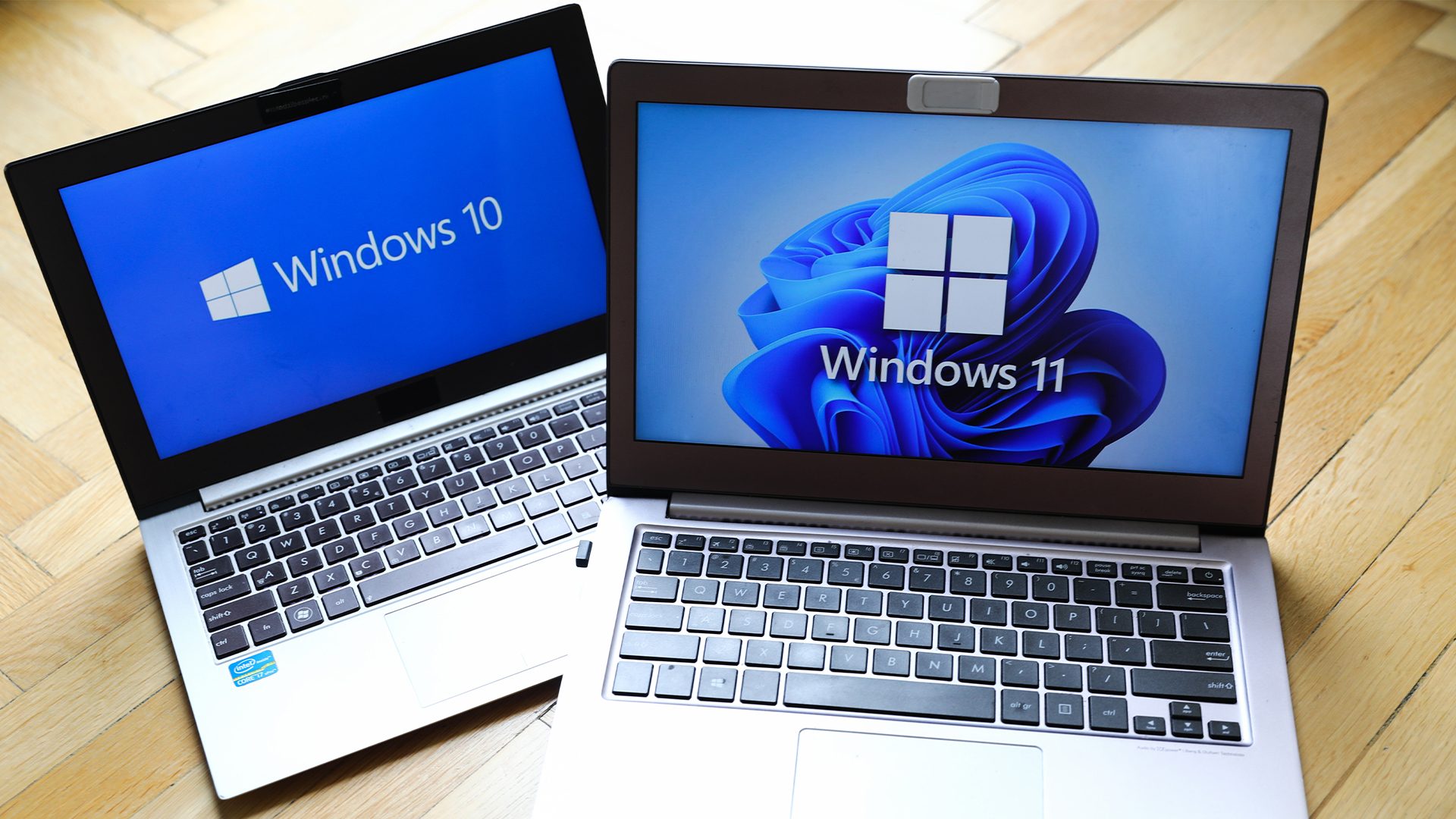Home Office selects iProov for identity verification tech
Home Office has found a vendor to complete its EU Exit settlement app


The Home Office has found a vendor to provide the biometric facial verification technology for its secure settlement app.
iProov, a UK based software company, has agreed on a multi-year contract with the Home Office to provide the smartphone-based digital identity verification tool, which will be used for applications for the EU Exit Settlement Scheme, designed to help non-British EU citizens settle in the UK after Brixit comes into effect.
"We are delighted that the Home Office has chosen to use iProov's unique technology for this large and important application," said iProov's founder and CEO, Andrew Bud.
"Our position as the worldwide leader in this sector has been built with great support from the UK Government over many years. Our mission to assure trust in the online ecosystem has never been more important."
iProov is a well-recognised provider of verification tech for border patrols having been given a contract with the US Department of Homeland Security. Its software is also used in the financial sector at Dutch bank ING.
The new digital service allows secure enrolment onto Home Office services using a smartphone app. The process involves biometric matching of a user's selfie against the image read from a user's passport chip, using iProov's Flashmark technology.
iProov will provide the technology in partnership with immigration and border management company WorldReach Software and with support from Dutch contactless document specialist ReadID.
Get the ITPro daily newsletter
Sign up today and you will receive a free copy of our Future Focus 2025 report - the leading guidance on AI, cybersecurity and other IT challenges as per 700+ senior executives
However, there's still no support from smartphone maker Apple. As it stands, users of Apple's iOS will not be able to scan their passports meaning their applications will need to be completed on an Android device or they will have to send their documents by post, which would take significantly longer.
This is despite Apple devices having been fitted with near-field communications chips since 2014. So it's not a technical issue, but more to do with company policy.
Bobby Hellard is ITPro's Reviews Editor and has worked on CloudPro and ChannelPro since 2018. In his time at ITPro, Bobby has covered stories for all the major technology companies, such as Apple, Microsoft, Amazon and Facebook, and regularly attends industry-leading events such as AWS Re:Invent and Google Cloud Next.
Bobby mainly covers hardware reviews, but you will also recognize him as the face of many of our video reviews of laptops and smartphones.
-
 Two years on from its Series B round, Hack the Box is targeting further growth
Two years on from its Series B round, Hack the Box is targeting further growthNews Hack the Box has grown significantly in the last two years, and it shows no signs of slowing down
By Ross Kelly
-
 Dragging your feet on Windows 11 migration? Rising infostealer threats might change that
Dragging your feet on Windows 11 migration? Rising infostealer threats might change thatNews With the clock ticking down to the Windows 10 end of life deadline in October, organizations are dragging their feet on Windows 11 migration – and leaving their devices vulnerable as a result.
By Emma Woollacott